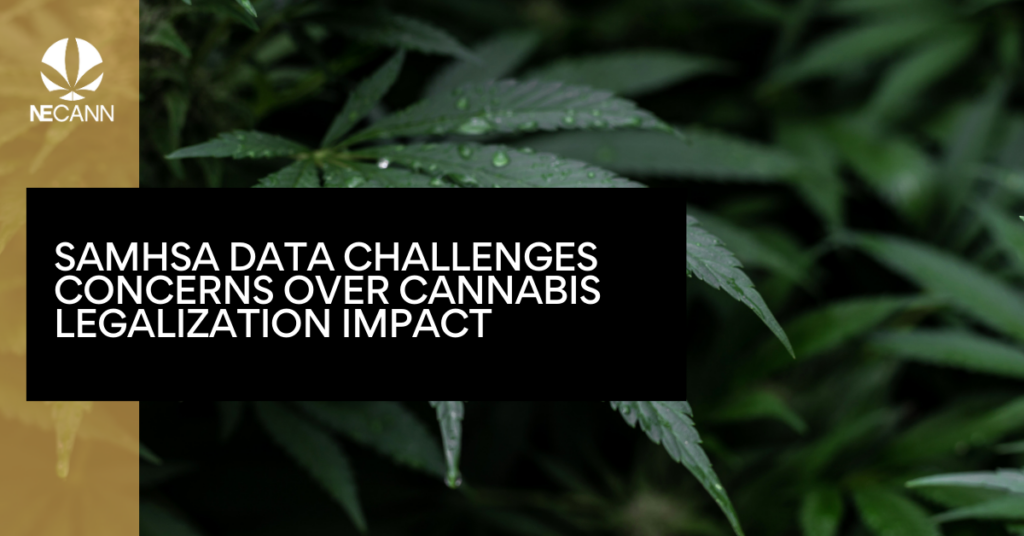Data released by SAMHSA in the 2021 Treatment Episode Data Set (TEDS) has sparked a fresh debate on the impact of cannabis legalization on substance use disorder treatment. Contrary to critics’ fears of a surge in problematic cannabis use, states where cannabis sales remained illegal exhibited the highest rates of treatment admissions for the drug.
The TEDS report covers nearly 1.5 million admissions nationwide, highlighting treatment admissions to state-licensed facilities among individuals aged 12 and older. Notably, marijuana or hashish ranked as the fourth most common substance for treatment admissions, accounting for 10.2% of all admissions. Alcohol, heroin, and methamphetamine secured the top three positions.
Examining treatment admission rates per 100,000 residents, the top states with the highest admissions primarily for marijuana were South Dakota, Iowa, Connecticut, South Carolina, Minnesota, New York, Wyoming, Georgia, North Dakota, and New Jersey. Notably, none of these states had legal recreational sales at the start of 2021, and only South Carolina and Wyoming did not permit medical marijuana use.
Conversely, states with the lowest rates of admissions primarily for marijuana included New Hampshire, New Mexico, West Virginia, Montana, Puerto Rico, Hawaii, Arizona, Illinois, Maine, Massachusetts, and Pennsylvania. Notably, some of these states permitted medical or recreational marijuana use.
The overall drop in treatment admissions between 2020 and 2021 during the height of the pandemic revealed a more nuanced relationship between cannabis legalization and substance use disorder treatment. While cannabis-related admissions decreased, critics point out that multiple factors influence treatment admissions, including referral sources, resource availability, and legal processes.
Proponents of cannabis legalization argue that the data underscores the need for a shift in drug policy, urging primary care physicians to play a more significant role in recognizing cannabis use disorder and referring individuals to treatment. A separate study suggested a decline in criminal justice referrals for marijuana-related treatment following legalization, emphasizing the need for a healthcare-focused approach.



